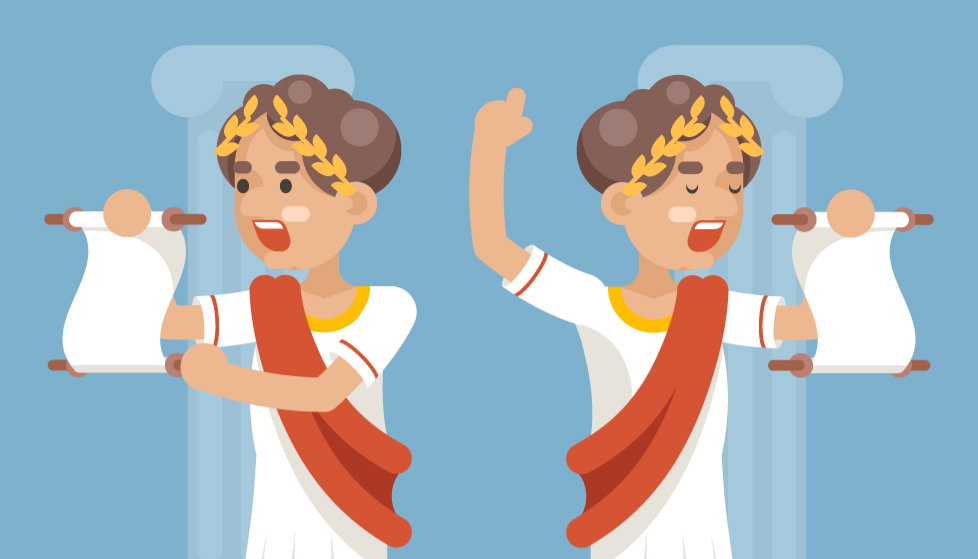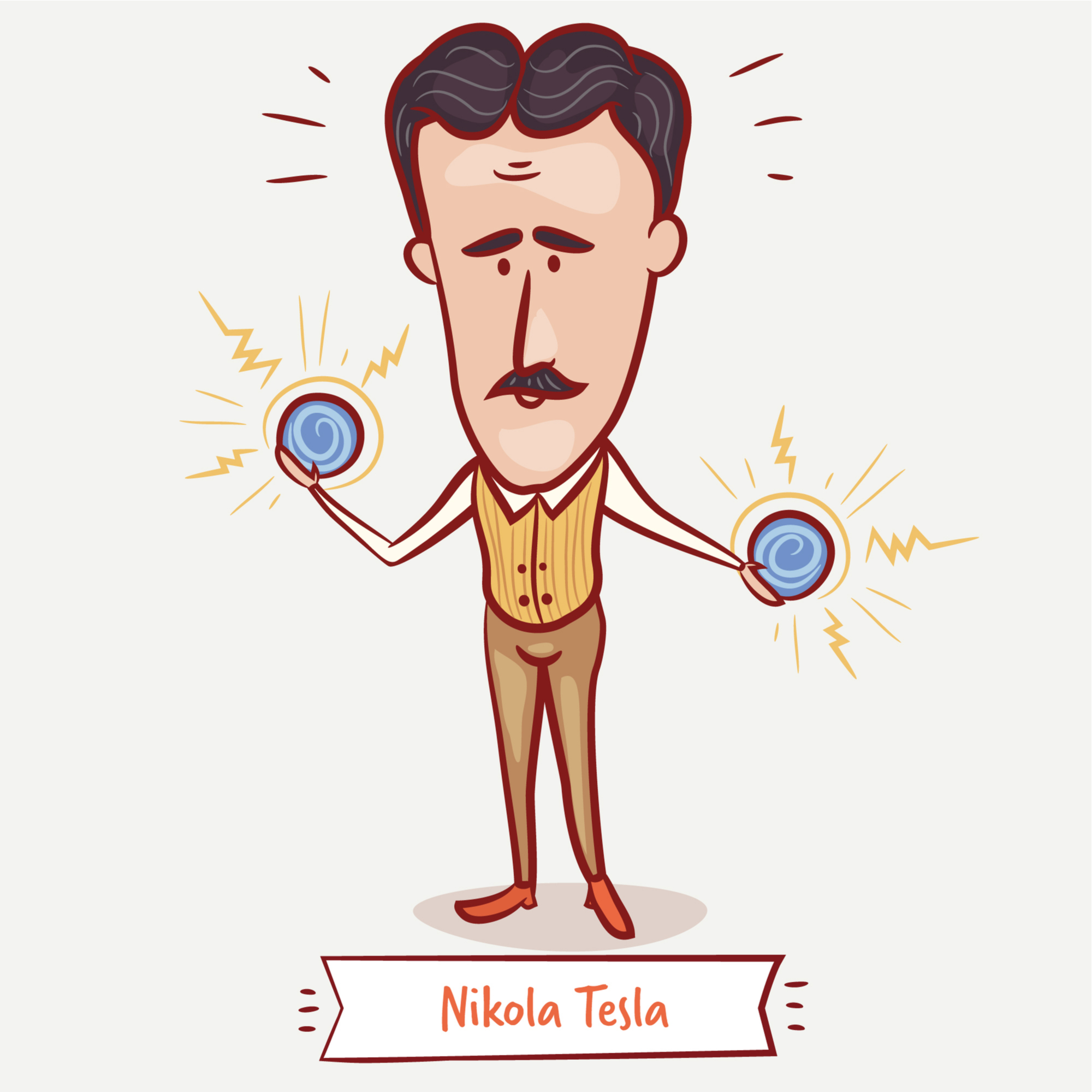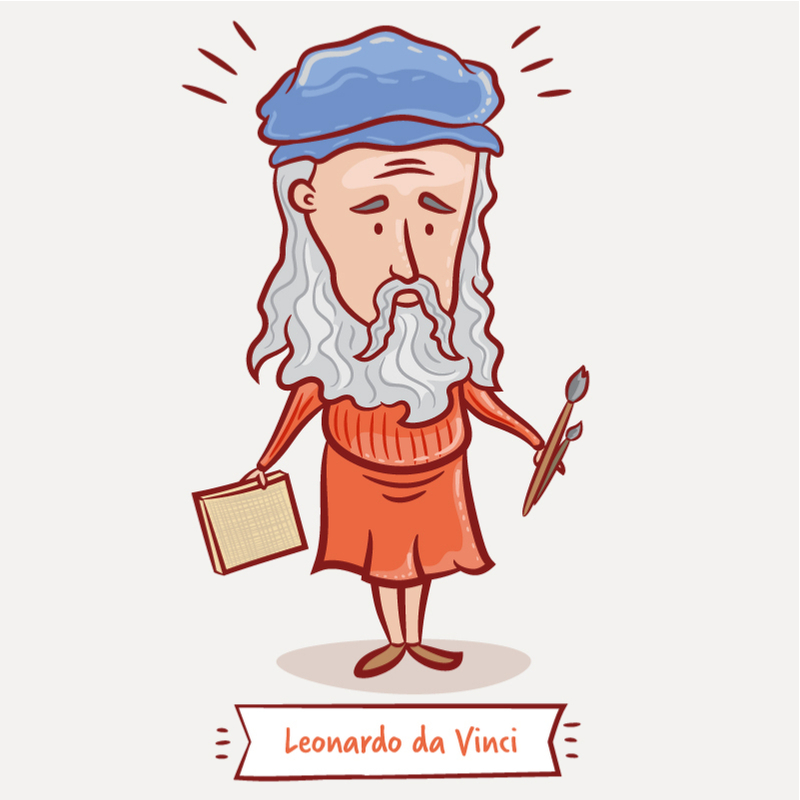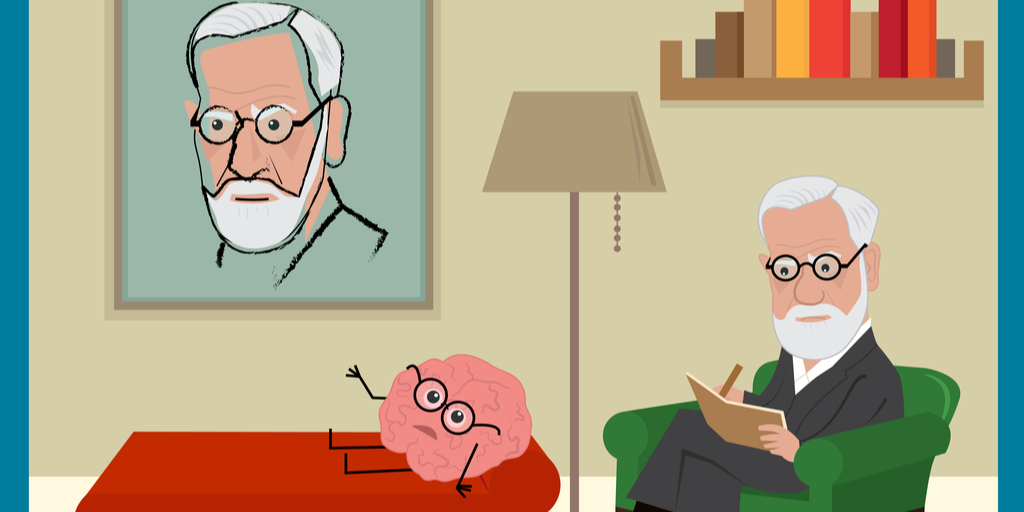
We’re an affiliate!
We hope you love the books we recommend! Just so you know, we may collect a share of sales or other compensation from the links on this page. Thank you very much if you use our links, we really appreciate it.
Long story short, “The Lessons of History” is a collection of humanity’s education through culture and civilization throughout history. Covers a span of 5,000 years as lessons from Biology to Warfare were extensively covered.
Winston Churchill puts it best when he states that “Those who fail to learn from history are doomed to repeat it.” By definition, history is summed up as the events or record of our past.
With that said, History tends to be one of our greatest teachers when it comes to navigating what we do in life. Understanding our past is the best way to apply our ancestors previous traditions and concepts to build a better future.
Serving as a collection of essays from 5,000 years of History, Will & Ariel Durant’s The Lessons of History provide a brief compilation of humanity’s greatest lessons from the past. Although only a hundreds pages, Durant goes in-depth into these multiple disciplines and academic fields as they tie the previous generations with how the world is formed today.
Those who don’t know
Will & Ariel Durant are both philosophers and historians as they collaborate on several works to illustrate human history, most famously known for “The Story of Civilization.” For their contributions, they were awarded the Pulitzer Prize award and the Presidential Medal of Freedom.
Through the disciplines of biology, economics, character, and government, they paint a picture of the world we live in. Everything is intertwined and connected as civilizations are formed through progress in each of these disciplines. Generation after generation, the collective goal throughout humanity’s history was to achieve human progress.
But what exactly is defined as human progress? Does that mean more humans are living longer lives, while less are dying? Or does it mean that humans are collectively happier and improving the quality of their lives?
We will revisit this thought.
The following disciplines below have shaped the world we currently live in. We will dive into how each has served as guidelines, principles, or even mistakes that we can learn from our past:
- Biology
- Character
- Economics
- Government
- War
Biology and History:
Biology shapes the laws of human nature as it often explains our natural tendencies and behaviours. Humans are hard-wired to their evolutionary upbringing as it the reason we struggle for our existence and have adopted the hunter-gatherer mentality to this day.
Durant illustrates 3 laws of biology that describe human behaviour within our history:
Life is often seen as a game where everyone is fighting for resources and tools to win the prize of survival. When it gets to a point where there are not enough mouths to feed, continuing to gather resources such as food, land and water, ultimately results in violence amongst individuals and groups.
The idea of cooperation is spurred to forged alliances with an intention to strengthen the group in order to compete against other groups. Amongst competitive individuals and groups, it is their nature to express greed, pride and acquisitiveness.
Equality is a myth. By nature, humans are born with a set of unique physical and mental characteristics which makes us unequal. The conception of selection revolves around which favourable characteristics, environments and resources humans will need to have in order to thrive on this planet.
As civilizations become more complex, inequality would grow exponentially. There lies a power distance where humans who have obtain these favourable traits fight to stay in power, while those who do not have these favourable traits, fight to take the from those in power.
In order for humanity to continue, reproduction must take place. Mother Nature would always favour species who reproduce in numbers. Civilizations are built to improve the quality of life for humans so they can effectively reproduce, have enough resources to make contributions, and leave lasting legacies for future generations in inherit.
Character and History:
Civilizations are built not by ideas, but by the decisions and actions of certain individuals throughout history. Most, if not all humans share the same basic traits when it comes to natural instinct such as understanding when to fight or flight, and the act of gathering resources.


However, when it comes to changing the world and progressing the way civilizations function, it is due to the minority of individuals who are radical enough to impact our lives. World-altering events tend to revolve around these individuals as their decision making would impact the lives of many.
Forward thinking individuals such as Leonardo Di Vinci, Cleopatra and Ghandi, shifted the way the world works during their time. Contributions such as Di Vinci’s artistic creations and inventions, Cleopatra’s steadfast governance of Egypt and Ghandi’s leadership to fight social injustices have altered the course of human history.
This significant group of individuals rally their own followings and create movements that spur an endless chain of events.

Durant states that
History in the large is conflict of minorities, the majority applauds the victor and supplies the human material of social experiment.
Economics and History:
While economics is generally the concept of supply and demand, it is a bit more complex than that. It is the system of transactions that determines the distribution of wealth amongst the people.
An effective economic system is one that relies on providing profit incentives for individuals or groups to become productive contributors for the nation or state. Over time, as the skills of individuals tend to differ, this economic system will reach a point where the concentration of wealth is only allocated amongst a small group of individuals.
As a result, a familiar pattern in history arises where a handful of individuals controlling the majority of the nation’s wealth, have been momentarily pacified through forceful actions or peaceful policies to redistribute the wealth to the people.
This creates an environment where there is constant conflict between the idea of the “concentration of wealth” versus the “redistribution of wealth.”
Government and History:
Humans naturally have the urge to fight for freedom. There is always some external force providing limitations to what we do. Ironically, the beauty of freedom is the fact that we have limitations to it.
In order to provide limitations in our environment, governments have always played a vital role in civilizations. The role of the government is to establish a structured order to maintain relations in nations or states for its citizens.
Over the course of human history, the roles of the government have adapted according to the state of the civilization’s progress. Durant outlines a traditional format in which civilizations evolve their system of government based on the times and advancements.
The sequence is typically: Monarchy ⟹ Aristocracy ⟹ Democracy ⟹ Dictatorship ⟹ Start over
We will go through how each system operates:
Monarchy is the most organic form of government. This is an emperor based system where there is a group authority that is selected to rule over the majority of a civilization’s people. Succession would occur by having the authority in power select the most able individual (not necessarily through birth right) and groom them into figurehead roles of the government.
While it was a stable form of government, the issue lies if the individuals in power cannot find a capable individual to take the reins of power in succession. An example would be Marcus Aurelius when he was the emperor of Rome.
Aristocracy is a government based on selection by birth. In contrast to Monarchies, an Aristocracy selects the authorities in power based on the members of a specific family. What makes this system ineffective, is that the future heirs of figureheads breed entitlement and earn positions of power without merit or ability.
Eventually, it gets to a point where certain individuals in the government are carless and enjoy the luxury of the lifestyle while ignoring the responsibility to serve for its people. Think of King Louis XIV to King Louis XVI before the French Revolution.
Democracy is a system founded on the principles of liberty and the redistribution of wealth. Inequality becomes natural as a society advances, and through this there is a constant pendulum of two sides consisting of the “concentration of wealth” and the “redistribution of wealth”. The most challenging aspect of this system is it requires a diverse set of individuals who are skilled and intelligent in a variety of disciplines to make it function effectively.
The most universal form of democracy still lies with the United States as it started off with forming an environment where the government would provide the security and safety of the nation but allowed individuals to pursue their own contributions.
However as American civilization grew to become more complex, a balancing act is formed between being individualistic and being dependent on others to function in society. For example, as cities grow more prominent, people cannot work on their own and have to rely on others to exchange goods to contribute.
Nonetheless, in order for this system to sustain, Durant notes that “If equality of educational opportunity can be established, democracy will be real and justified.”
As previously stated, “since inequality is bound to happen, democracy would need to sustain a system where there is equal access to education to best provide equal opportunities for all citizens to pursue.”
Ultimately in a democratic system, it is up to the citizens of a nation or state to maximize such opportunities.
War and History:
Out of 3,421 years of recorded history, only 268 have seen no wars.
War is a method of diplomacy, it just happens to be the least efficient method to accomplish this.
From the Religious Wars to the 7 Years War to World War 2, war is rooted from the same causes of pride, acquisitiveness and desire for limited resources. The act of war derives from our competitive instinct to secure resources for survival.
Some positive that came out of this was the advancement of science, technology and certain nations. Despite this, there are more effective alternatives to handle relations amongst nations on a global scale.
Instead of resorting to violence, when nations or states experience differences, we should consider brokering out negotiations through an open forum for discussion. If the world were to accomplish this, we can extend cooperation and resources to global partners to mutually benefit all parties involved.
While it is a lot easier said than done, the real question is how can we find an effective way to accomplish this?
How WE can use this to build a better future:
Through the disciplines of Biology, Character, Economics, Government and War, humans have shaped the way we currently live in our respective civilizations today.
Human history shows patterns of civilizations starting, growing, declining and falling. Despite the crumbling of civilizations seeming inevitable, there are elements of previous life in societies that are alive and well in each new generation.
Human traditions such as the making of fire, the languages we speak and social norms, is the knowledge that is passed from one generation to the next. Our greatest achievements lay within the education and knowledge that have been passed to give new generations resources to inherit to further human progress.
Revisiting our definition of human progress from what we learned, it is “the act of increasing the control of environment by human life”.
By extending human control of the planet, it further expands our influence for life on planet Earth. In order to extend that control, it is the result of the education that inherited from one civilization to the next.
Hence, education is the lasting legacy all humans leave behind.
We will leave it with Will and Ariel Durant’s view of education:
Education is the transmission of our mental, moral, technical and aesthetic heritage as fully as possible to as many as possible for the enlargement of human understanding, control, embellishment and enjoyment of life.
If you would like to give Will and Ariel Durant’s The Lessons of History a read while supporting the blog feel free to click here.
#2: Durant, Will, and Ariel Durant. Lessons of History. Simon & Schuster, 2010.
#3: Britannica, The Editors of Encyclopaedia. “Will Durant and Ariel Durant.” Encyclopædia Britannica, Encyclopædia Britannica, Inc., 28 Mar. 2017, www.britannica.com/biography/Will-Durant-and-Ariel-Durant.






